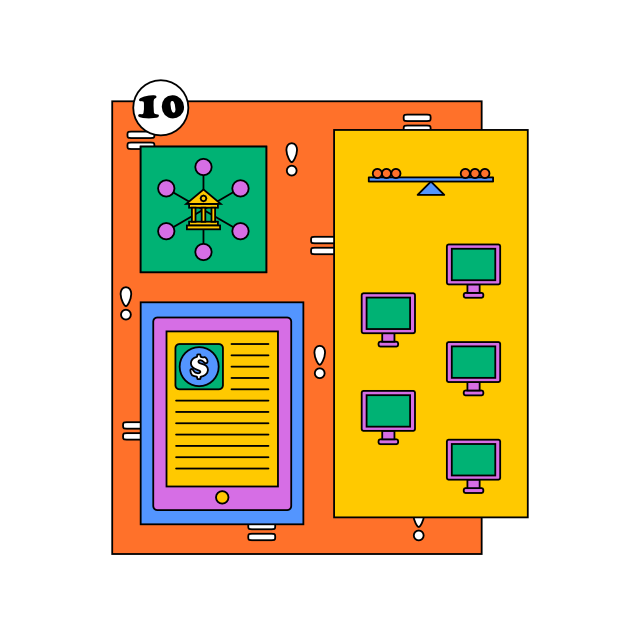SDG 10Reduced inequalities
Inequality and social exclusion. How to eliminate them?
Overview
Despite positive change, inequality both within countries and between them remains a persistent concern in our lives. The deep economic and political divide has been made even more prominent by the covid-19 pandemic. The most vulnerable are people in countries with weaker healthcare systems and those facing political and humanitarian crises.
In order to reduce inequality, it is key to ensure equal opportunities for all individuals and groups and to minimise the risk of social exclusion. It is a broad term describing the fact that people are denied access to basic rights, opportunities, or resources such as housing, employment, healthcare, or participation in democratic elections.
Solution and Key Innovations
The European Union is committed to using digitalization in social inclusion and aid. The Electronic Exchange of Social Security Information (EESSI) is a system that helps public institutions exchange information on social security across Europe. Thanks to the EESSI, national institutions are able to process applications for social benefits quickly and more effectively.
The Swedish Ceretai monitors equality and diversity in audiovisual content. It uses AI to search through vast archives of databases and allows media houses to study the potential risks within their content.
The World Bank has documented the link between reducing poverty and inequality, and providing access to financial services. 1.7 billion adults worldwide have no access to a bank.1 Financial inclusion is, however, a way to reduce poverty. Underdeveloped financial structures also eliminate the potential economic benefits of everyone’s work. The Danish start-up Aryze has developed tools that optimise and modernise financial management for individuals and companies alike. They are developing a mobile payment app, a transparent platform for financial services and a POS solution for businesses running brick-and-mortar and virtual shops. The tools reduce the cost of international money transfers and almost all remittance money goes back to developing countries.
A key element for reducing inequality is equal access to democratic elections. The Italian Crypto-voting project, developed jointly by the Net Service S.p.A. and the University of Cagliari, is based on blockchains. Crypto-voting aims to study and develop an electronic voting system integrated with one or more election management models, using two interconnected blockchains – while one registers eligible voters and their votes, the other counts votes allocated to each candidate. The blockchain also ensures transparency and protects the system from hacking attacks that could alter the election results.
Key Questions
- Is it possible to reduce the gap between the rich and the poor?
- Can today’s digitalized world contribute to reducing inequalities?
- Which technologies will be key to a better future of the disadvantaged?
Key Words
Poverty, inequality, blockchain, e-voting, financial inclusion, electronic databases
